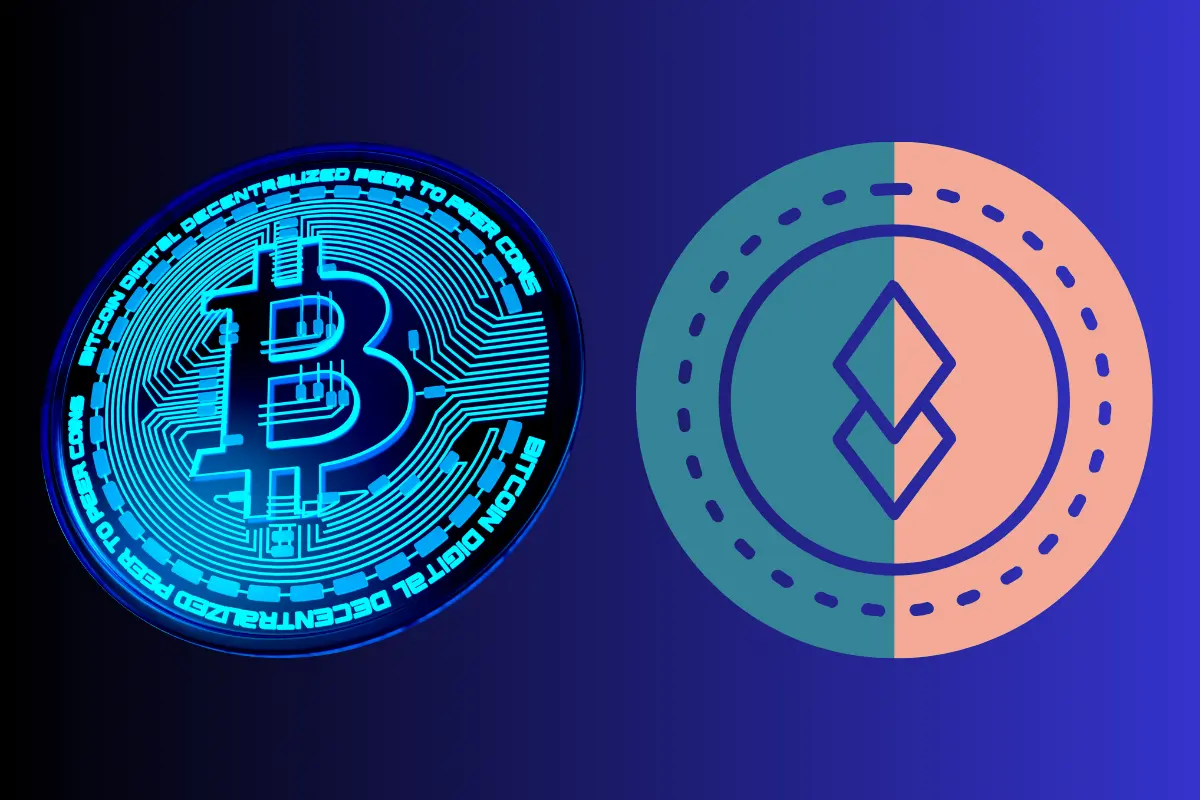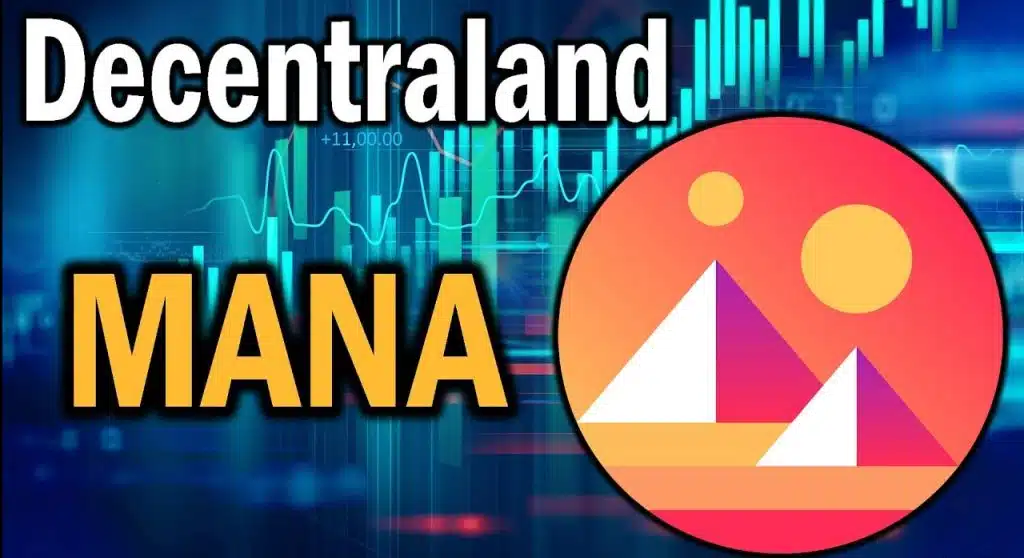The cryptocurrency market has evolved significantly since the introduction of Bitcoin. This documentary explores the diverse world of cryptocurrencies, focusing on the journey from Bitcoin to Altcoins. It delves into the rise of Bitcoin, the introduction and different types of Altcoins, and their detailed features. The article also discusses investing in Altcoins and speculates on the future of these digital assets. In addition, if you are looking for a website that helps people learn about investments by connecting them with investment education companies that can help them receive the right information, you may visit here.
The Rise of Bitcoin
Bitcoin’s rise has been nothing short of revolutionary. It all began in 2008 when an unknown person or group of people using the pseudonym Satoshi Nakamoto published a whitepaper titled “Bitcoin: A Peer-to-Peer Electronic Cash System.” This whitepaper laid the foundation for what would later become the world’s first decentralized cryptocurrency.
In January 2009, the Bitcoin network came into existence with the mining of the first block, known as the genesis block. From there, Bitcoin started gaining traction among a niche group of enthusiasts who saw its potential to disrupt the traditional financial system.
One of the key aspects of Bitcoin’s rise is its decentralized nature. Unlike traditional currencies that are issued by governments and regulated by central banks, Bitcoin operates on a peer-to-peer network without the need for a central authority. This decentralized nature gives users greater control over their funds and eliminates the need for intermediaries.
Over the years, Bitcoin has experienced tremendous growth in terms of adoption and value. In the early days, it was mainly used for online transactions and as a store of value. However, as its popularity grew, so did its use cases. Today, Bitcoin is accepted by a growing number of merchants worldwide, and its value has skyrocketed, making early adopters incredibly wealthy.
Despite its success, Bitcoin has also faced its fair share of challenges. It has been criticized for its volatility, perceived lack of regulation, and its use in illegal activities. However, proponents argue that these challenges are outweighed by the benefits Bitcoin offers, such as financial sovereignty, security, and transparency.
As Bitcoin continues to evolve, its future remains uncertain. Will it become a mainstream form of payment, or will it remain a niche asset? Only time will tell, but one thing is for sure: Bitcoin has already left a lasting impact on the world of finance and has paved the way for a new era of decentralized digital currencies.
Introduction to Altcoins
Altcoins, or alternative cryptocurrencies, are digital currencies that were created as alternatives to Bitcoin. While Bitcoin was the first cryptocurrency to gain widespread popularity, it was soon followed by a wave of new cryptocurrencies that sought to improve upon its shortcomings or offer new features.
One of the most significant differences between Bitcoin and altcoins is their underlying technology. While Bitcoin uses a proof-of-work consensus mechanism, which requires miners to solve complex mathematical puzzles to validate transactions, many altcoins use different consensus mechanisms, such as proof-of-stake or delegated proof-of-stake. These alternative mechanisms are designed to address some of the scalability and energy consumption issues associated with Bitcoin.
Another key difference is the purpose and use case of altcoins. While Bitcoin was created primarily as a digital currency, many altcoins have been developed for specific purposes, such as smart contracts (e.g., Ethereum), privacy (e.g., Monero), or faster transactions (e.g., Litecoin). This diversity of use cases has contributed to the growing popularity of altcoins among cryptocurrency enthusiasts.
Despite their differences, altcoins share some common characteristics with Bitcoin. Like Bitcoin, altcoins are decentralized and operate on a peer-to-peer network, which means that transactions are conducted directly between users without the need for intermediaries.
Overall, altcoins represent a diverse and rapidly evolving sector of the cryptocurrency market. While some altcoins have failed to gain traction and have faded into obscurity, others have become major players in the cryptocurrency space, rivaling Bitcoin in terms of market capitalization and popularity. As the cryptocurrency market continues to mature, altcoins are likely to play an increasingly important role in shaping its future.
Altcoins in Detail
Altcoins are a diverse group of cryptocurrencies that offer a range of features and functionalities beyond what Bitcoin provides. While some altcoins aim to improve upon Bitcoin’s technology, others focus on different use cases altogether.
One of the most popular altcoins is Ethereum, which is known for its smart contract functionality. Smart contracts are self-executing contracts with the terms of the agreement directly written into code. This allows for automated and trustless execution of contracts, making Ethereum a popular platform for decentralized applications (dApps) and decentralized finance (DeFi) projects.
Another prominent altcoin is Ripple, which aims to facilitate faster and more cost-effective cross-border payments. Ripple’s network, known as RippleNet, allows banks and financial institutions to settle transactions in real-time using its native cryptocurrency, XRP.
Privacy-focused altcoins, such as Monero and Zcash, use advanced cryptographic techniques to ensure the anonymity of transactions. These altcoins are popular among users who prioritize privacy and security in their transactions.
Litecoin is another notable altcoin that was created as a “lighter” version of Bitcoin, with faster transaction times and lower fees. While Litecoin has not achieved the same level of mainstream adoption as Bitcoin, it remains a popular choice among cryptocurrency users.
Overall, altcoins offer a wide range of features and use cases that cater to different needs and preferences. While some altcoins have struggled to gain traction, others have become major players in the cryptocurrency market, highlighting the diversity and innovation that exists within the crypto universe.
The Future of Altcoins
The future of altcoins is a topic of much debate and speculation within the cryptocurrency community. Some believe that altcoins will continue to grow in popularity and diversity, eventually overtaking Bitcoin as the dominant cryptocurrency. Others argue that Bitcoin’s first-mover advantage and strong network effects will allow it to maintain its position as the king of cryptocurrencies.
One possible future for altcoins is increased specialization and niche targeting. As the cryptocurrency market matures, we are likely to see more altcoins that cater to specific industries or use cases, such as healthcare, supply chain management, or gaming. These specialized altcoins could offer unique features and functionalities that are tailored to their target markets, allowing them to carve out a niche for themselves in the crypto ecosystem.
Another trend that could shape the future of altcoins is increased regulatory scrutiny. As governments around the world grapple with the rise of cryptocurrencies, they are likely to introduce regulations that could impact the development and adoption of altcoins. This could lead to a consolidation in the altcoin market, with only the most compliant and robust projects surviving.
Conclusion
In conclusion, the cryptocurrency universe is vast and continuously evolving. From its humble beginnings with Bitcoin to the proliferation of Altcoins, the market has seen tremendous growth and innovation. While challenges and uncertainties remain, the future looks promising for cryptocurrencies. Understanding the diversity of this market is crucial for anyone looking to explore the world of digital assets and decentralized finance.


![Dogecoin Price Prediction 2050 [Updated] 3 Dogecoin price prediction 2050](https://knowworldnow.com/wp-content/uploads/2022/03/Dogecoin-price-prediction-2050.webp)
![SafeMoon Price Prediction 2023, 2025, 2030, 2040, 2050 [Updated] 4 SafeMoon Price Prediction 2023, 2025, 2030, 2040, 2050](https://knowworldnow.com/wp-content/uploads/2022/09/SafeMoon-Price-Prediction-2023-2025-2030-2040-2050.png.webp)

